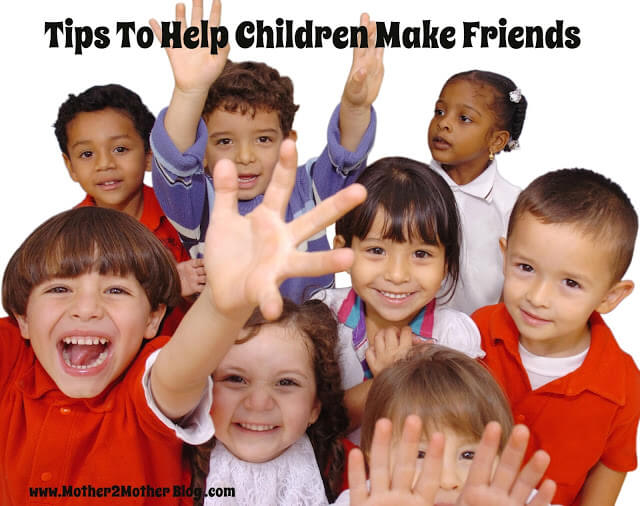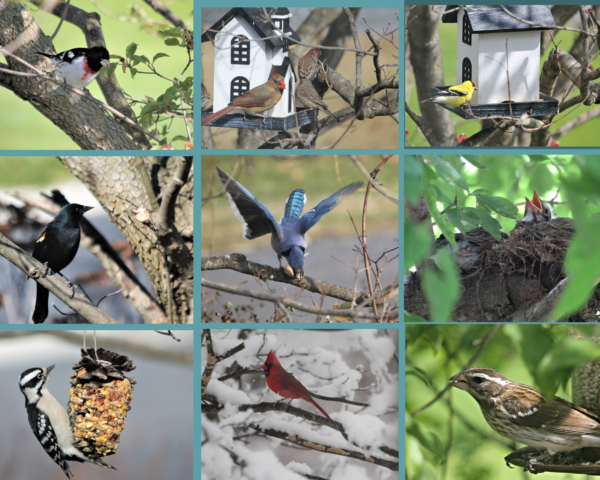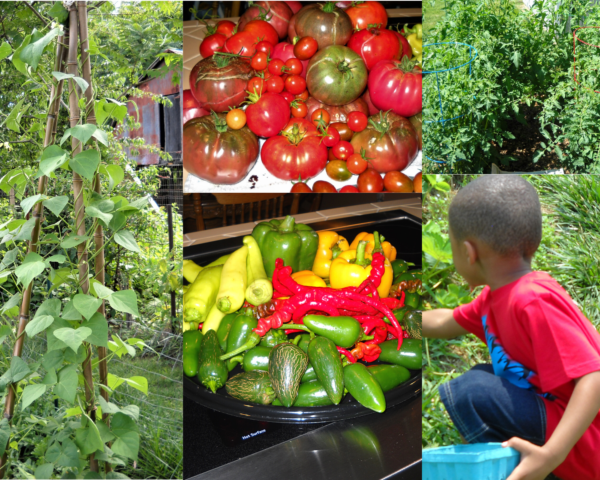Just like adults, every child has a desire to make friends. They want to be invited to parties, sleep-overs, and have playmates on the playground. It’s a natural instinct, but they may need a little help in reaching out to another child. Children develop friendships differently from adults, they must first learn social skills. These skills include learning how to communicate, solve problems, cooperate, and negotiate (share). Here are a few parenting tips to how to help your child make friends:
Create opportunities for your child to interact with other children:
- Set up play dates – First, have your child invite others over to play. Set up a play date with a few of their school mates and family members at your local Chuck E Cheese or other pizza place. The local arcade is a great meeting place. If there is a child who may not be able to afford the outing, pay it forward. Please let their parents know that you will be covering the bill.
- Have a party – Have your child invite a few school mates over and serve your child’s favorite snacks. Encourage them to reach out to others who may be alone on the playground or in the lunch room.
- Host sleep overs – Children love sleepovers. Have your child invite a few school mates over on a Friday or Saturday night. They can watch movies or listen to you tell stories.
- Have a cookie baking day – Next, have your child invite a few friends over on a Saturday and bake cookies or cupcakes with them. If you have boys, grill hot dogs or order pizza.
- Involve your child in activities – Ballet, swim lessons or organized sports are the perfect place to meet other children, work as a team, and interact.
- Alternate with other parents driving the children to and from various activities – I was a carpool mom for years and thoroughly enjoyed it.
Show Support and Help Your Child Resolve Problems:
- Problems will arise with friends and family – Listen to your child when they talk. They will tell you what they’re thinking in their own way and words.
- Ask questions – Also, help your child think about the problem and find a possible solution.
- Get to know the parent’s of your child’s friends – You can learn a lot about interacting with the adults. Get dad involved too.
- Let your child know that not everyone can or wants to be friends – There’s nothing wrong with either person, sometimes people just don’t get along or their interests change over the years. Explain this to your child.
Be An Example for Your Child:
- Show your child how you interact with your friends – They will learn from you.
- Give your friends lots of compliments – This will boost your friend’s self-esteem, but also teach your child to give compliments to their friends.
- Laugh! – Your child will learn to have a sense of humor.
- Hug – Your children will see you hugging your friends and know that it’s okay.
- Avoid arguments – Don’t argue with your friends in front of your children. If it’s unavoidable explain to your child that it’s okay to have a disagreement and work out your issues.
- Be social with your friends – Let you child know that you’re going shopping with Kara or having dinner Donna.
- Show your child that friendships and relationships are two way streets – Both people must give and take in friendships and relationships.
I always felt out of place when I was growing up. Coming from an alcoholic/dysfunctional home makes you feel alone. I started to become comfortable being alone. As a result, I started writing, reading and drawing to occupy myself. I would walk around by myself going nowhere really, just wandering. I started coming out of my shell in Junior High and became more sociable through high school and beyond. But, to this day I would rather be alone blogging, sipping coffee and watching old movies. The majority of my friendships were made during childhood. We are still my friends to this day.
My daughter was more outgoing. She attended parties, had sleep overs and went to social events regularly. Roller skating, fishing with the neighborhood kids, and running track. Furthermore, she danced for 12 years, was a high school cheerleader and attended sporting events of her cousins. There were many opportunities to socialize during her youth. However, she’s also comfortable being alone. She loves to read, draw, listen to music and write in her diary. Friends that she made during her childhood are still friends to this day as well..
Last, these tips have been tried and are true. We are using the same techniques with my grandchildren. So far, they’re working just fine. Lead the way and your children will follow. Most importantly, they will develop meaningful friendships that will last a lifetime.
Finally, you may also like: 5 Benefits of Playgrounds





